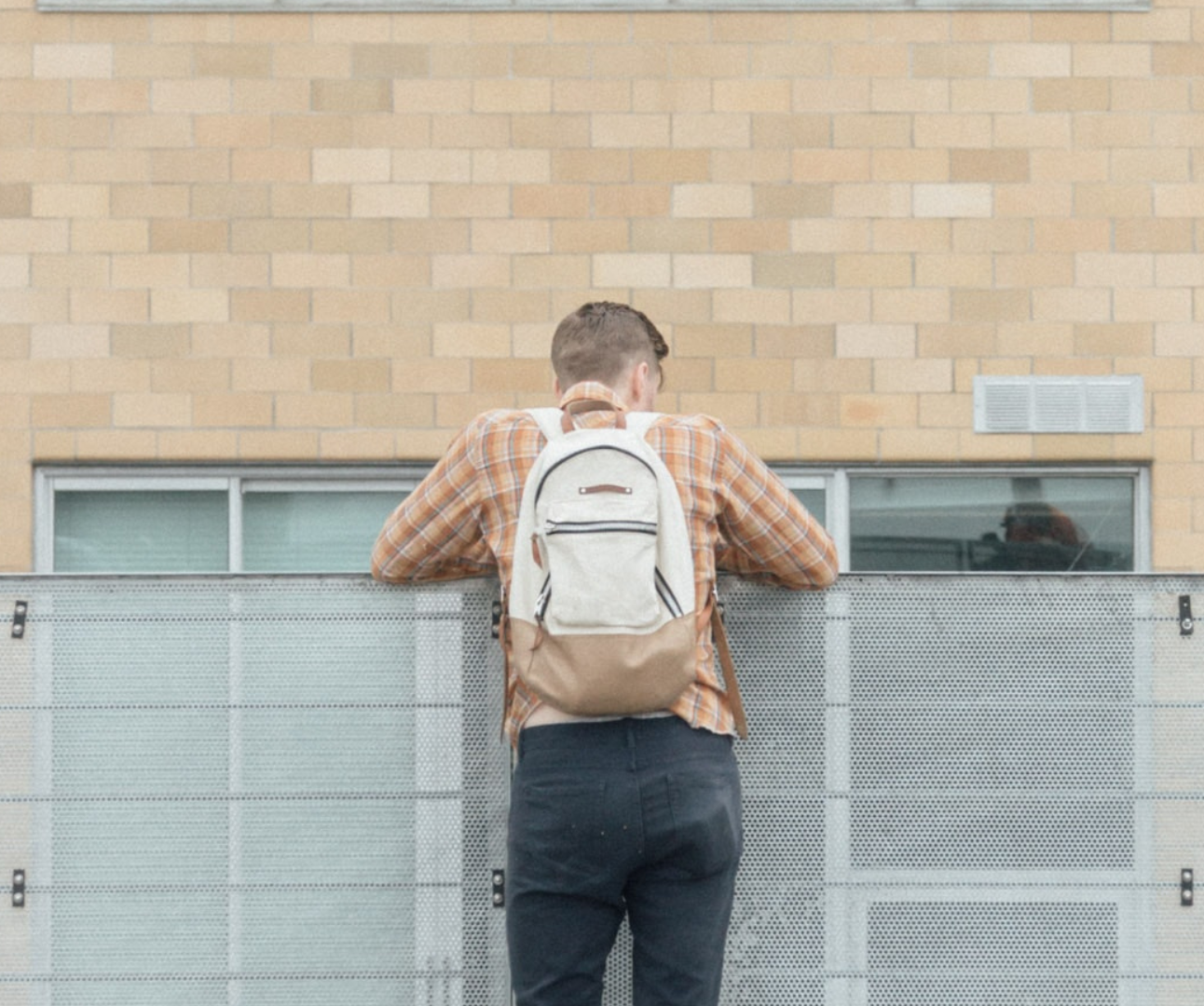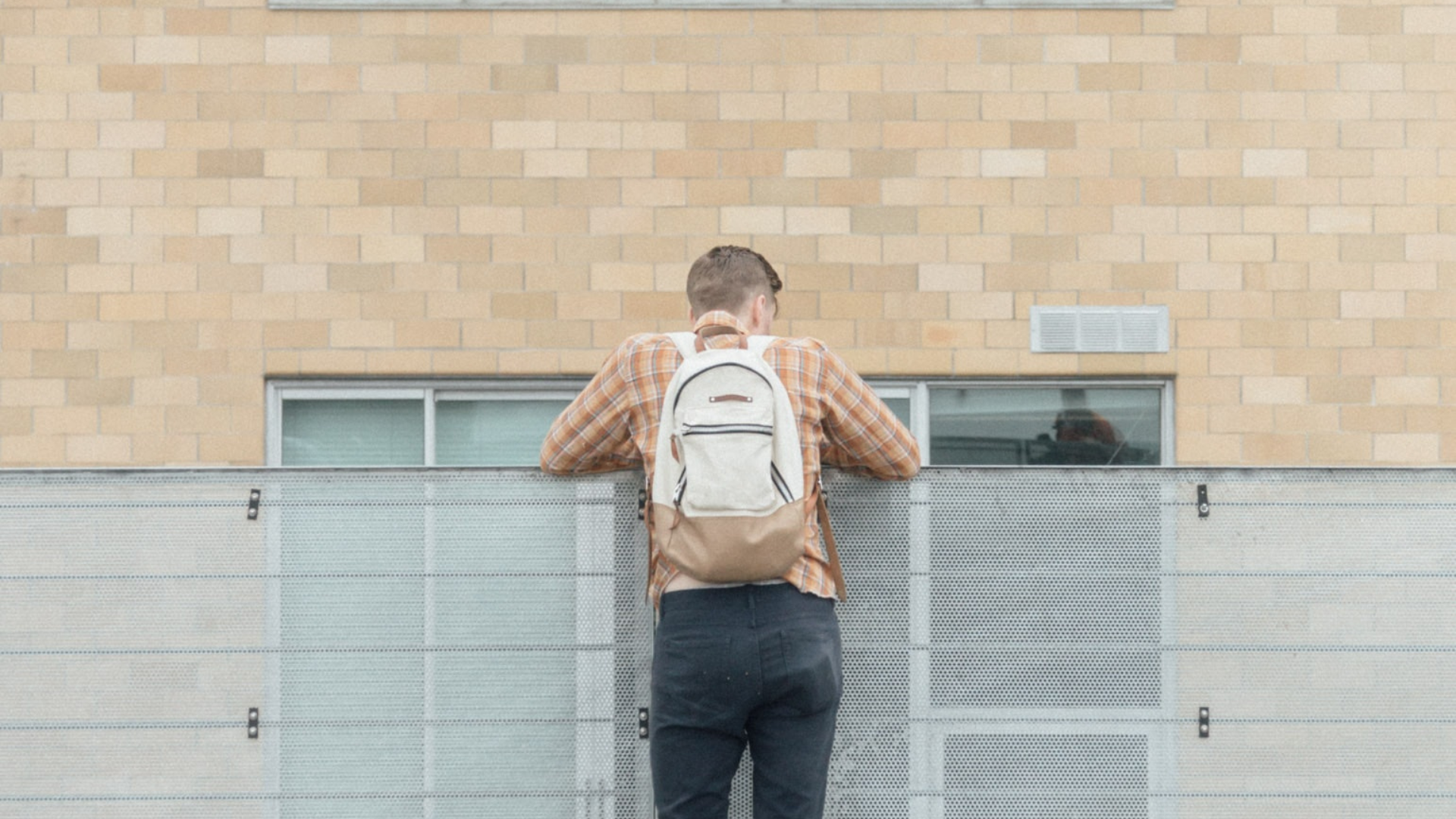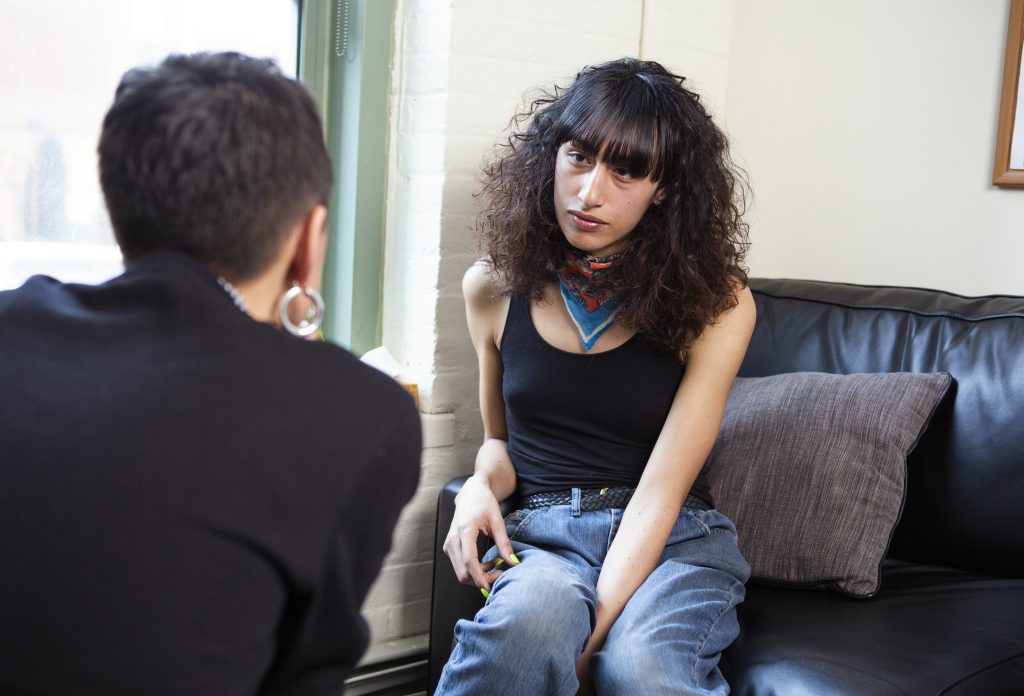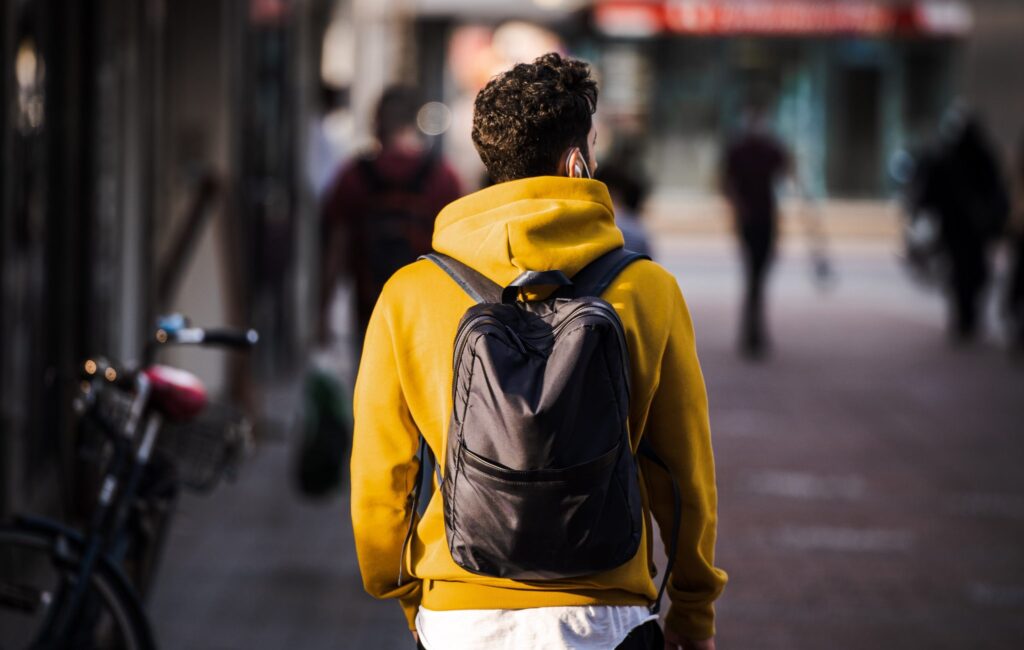
gp & healthcare access
Being registered with a GP is an important step to getting help with your physical and mental health. Find out how to find and register with a GP, whether you’re experiencing homelessness or not.

In july 2021 the domestic abuse act was introduced, making it easier for people experiencing domestic abuse to get support from councils to leave an abusive environment.
The law takes a wider view of domestic abuse than just physical violence. We support young people who are experiencing domestic abuse but don’t know it. So what does the law say?
The Domestic Abuse Act 2021 says that domestic abuse occurs where someone (aged 16+) behaves in a way that is abusive towards another person (aged 16+) who they are personally connected to.
What does personally connected mean? The law says you are personally connected if you are:
Domestic abuse is never the fault of the person who is experiencing it. you are not alone and support is available.

If you are at risk from the abuser in your area you can approach any council in the country. They can’t send you back to your own area.
The Housing Act 1996 puts legal obligations on councils to help people who may be experiencing domestic abuse. The law says:

The most obvious form of abuse that people understand is physical abuse – hitting, kicking, punching, slapping – but the law also recognises a larger range of behaviour as abuse; some are subtle, and you might not think they are abuse.
The law says that any of the following actions are abuse.
We’ve supported many young people who have been subjected to abuse at home and don’t realise.
Our friends at galop, the LGBTQ+ anti-violence charity have developed a really useful resource for lgbtq+ people that can help you identify if the behaviour you’re experiencing is abuse. it may be a good idea to speak to galop before you decide to leave.
You can contact Galop’s National LGBTQ+ Domestic Abuse Helpline on 0800 999 5428 and speak to a trained adviser if you’re not sure.
If you feel you may be at risk of forced marriage or honour-based abuse (HBA) you can reach out to Karma Nirvana for support.
If you’re in immediate danger, you should always dial 999.
If you don’t have friends or family members who can support you, you can contact the housing department at your local council to make a homelessness application.
The council must accept your application and provide you with interim accommodation if you may be experiencing domestic abuse. You do not have to provide proof.
If you’re not sure how to get help from you local council, start by finding your local council using this tool and find the right form or person to contact regarding homelessness via your local council’s website. If you get stuck, you can check out Shelter’s How to ask the Council for Help resource page.
If you don’t want to approach the council directly you can also consider refuge accommodation. Once safe in a refuge the staff can support you to make a homelessness application. You can contact the following domestic abuse services to find out how to be referred to a refuge:
GALOP FOR LGBTQ+ PEOPLE EXPERIENCING DOMESTIC ABUSE
16- or 17-year-olds who ask the housing department for help must be referred to social services for a ‘child in need assessment’.
Social services have legal duties to assess if your home is safe. If they decide that you aren’t safe to remain at home, they have a duty to accommodate you and decide what level of care is appropriate until you turn 18.
The housing department should never turn a 16 or 17-year-old away. They must accept your homelessness application. If it takes a few days before social services can assess you, the housing department must provide you with accommodation until social services can accommodate you.
In some situations, social services may decide you don’t need support and you must stay in your family home. You may not agree with this and have a right to ask them to look at this again.
You have a right to appoint an independent advocate through organisations like NYAS and Coram Voice, who can ensure that your is voice heard when dealing with social services and challenging decisions you disagree with.
If you are at risk from the abuser in your area you can approach any council in the country. They can’t send you back to your own area.
The Housing Act 1996 puts legal obligations on councils to help people who may be experiencing domestic abuse. The law says:
Remember akt are always here to support you if you need any help around these issues!
You can contact us via the live chat bot in the corner of your screen. Our staff are in our offices Monday to Friday 9am-4:30pm.

Being registered with a GP is an important step to getting help with your physical and mental health. Find out how to find and register with a GP, whether you’re experiencing homelessness or not.

This resource contains advocacy services, which are an excellent way to gain the knowledge and support needed to make informed decisions about personal care and support.
Findings from our reports - inclusion in housing policies and communications